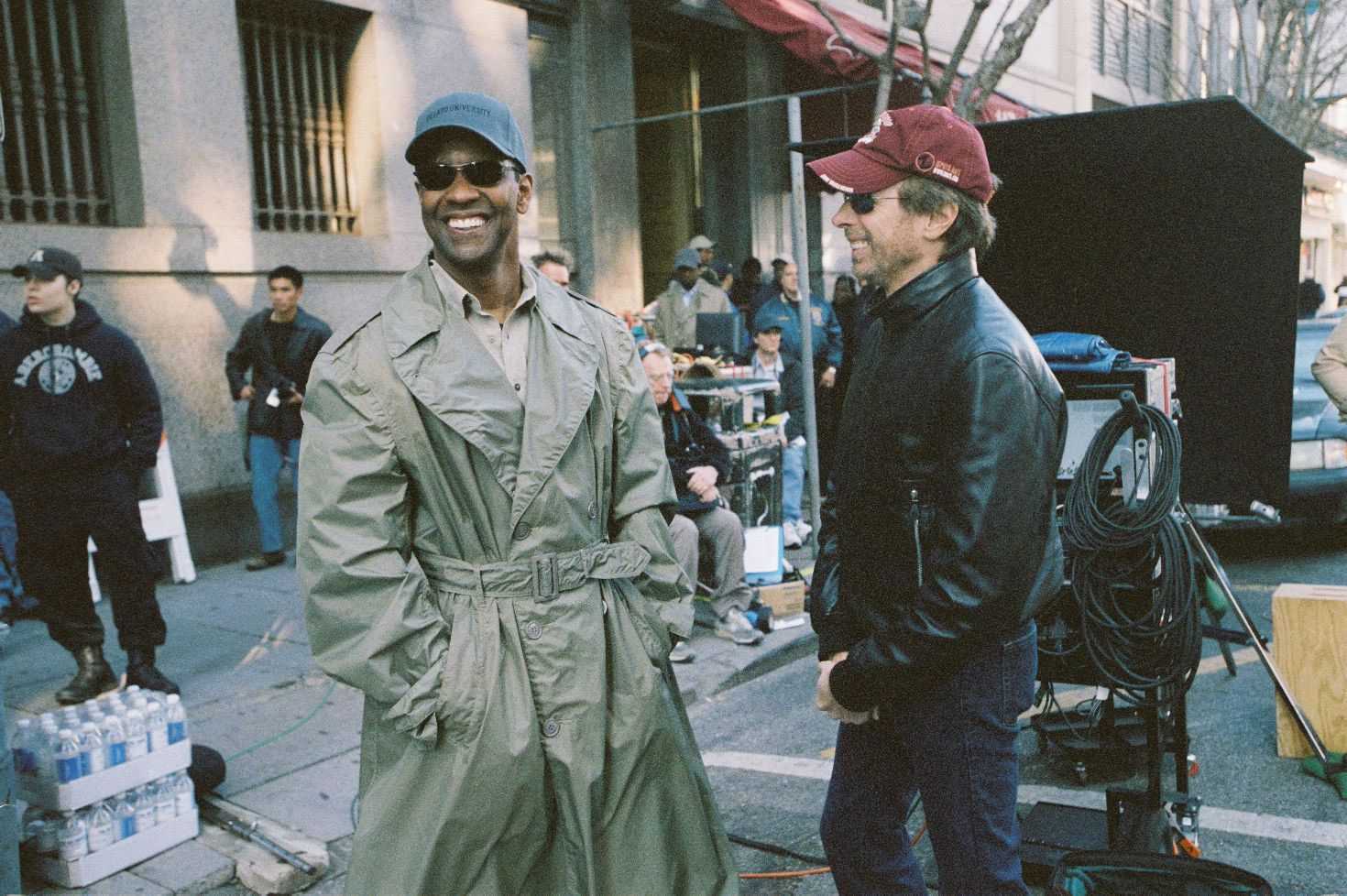
In a 2009 study, the researchers found that viewing these sneakily similar scenes was more likely to cause feelings of déjà vu than viewing dissimilar scenes-suggesting that perhaps there is some environmental trigger for the brain to call out, “Hey, I recognize that!” even when it’s never seen the scene before. Cognitive psychologist Anne Cleary of Colorado State University and her colleagues have developed a way to spark it in the lab by showing participants virtual scenes that have some subtle similarities to one another, such as the placement of the furniture relative to a painting on the wall. There is now some laboratory evidence that vague similarities between one scene and another can indeed lead to déjà vu. Boirac speculated that perhaps residues of long-forgotten perceptions triggered the feeling. In those cases, people may go about their business as if they actually have seen it all before, complaining that every show on television is a rerun or refusing to visit the doctor because they’re sure they already have.ĭéjà vu means “already seen” in French, a term possibly coined by French philosopher Émile Boirac in a letter to the editor of Revue Philosophique de la France et de l'Étranger in 1876. In some people with dementia, this feeling of familiarity occurs without the recognition of an error, he says. “You get this: ‘Huh, weird, all of these experiences I’m having don’t quite match up.’ So it’s at that stage that you realize that you’ve made an error,” O’Connor says, “which is why it feels like an error, even though it’s probably actually the avoidance of an error.” When no actual matches are found, the result is a discomfiting sense of having seen it all before, accompanied by the knowledge that you haven’t. When this happens, another region of the brain then checks this feeling of familiarity against your recall of past experiences.

Andrews in Scotland, who researches déjà vu. The feeling may arise when parts of your brain that recognize familiar situations get activated inappropriately, says Akira Robert O’Connor, a cognitive psychologist at the University of St. Nevertheless, scientists think that déjà vu actually provides a peek into how the memory system works when it goes a little off-kilter. Re-creating it on command in a laboratory is tricky business. It’s a hard feeling to study, though, because it tends to arise spontaneously and be shaken off easily, scientists say. Most people experience this sensation, known as déjà vu, at some point in their lives. Stream Glass Animals’ new track below and make sure to catch them on tour this spring (dates also below).It’s an eerie feeling: You walk into a place you know you’ve never been before but are overwhelmed by a sense of familiarity-a memory you can’t quite reach. Acting as both a fresh entry into their ever-evolving sound and at the same time a recall to the sensibilities that first helped them solidify their name, “Your Love (Déjà vu)” brings something truly unique to the table.įeaturing a blend of shrill, skittering arpeggios, soft, warbling guitar, thumping drums and of course their signature layered vocals, you can expect to hear “Your Love (Déjà vu)” everywhere for the foreseeable future.


2020 is definitely going to be a good year for Glass Animals! Having made their triumphant return towards the end of last year via an incredible collab with Denzel Curry, today the superstar four-piece has delivered yet another fresh single “ Your Love (Déjà vu)“.Ĭoming as the second single in three years, this latest from Glass Animals is a perfect example of their diverse production prowess.


 0 kommentar(er)
0 kommentar(er)
